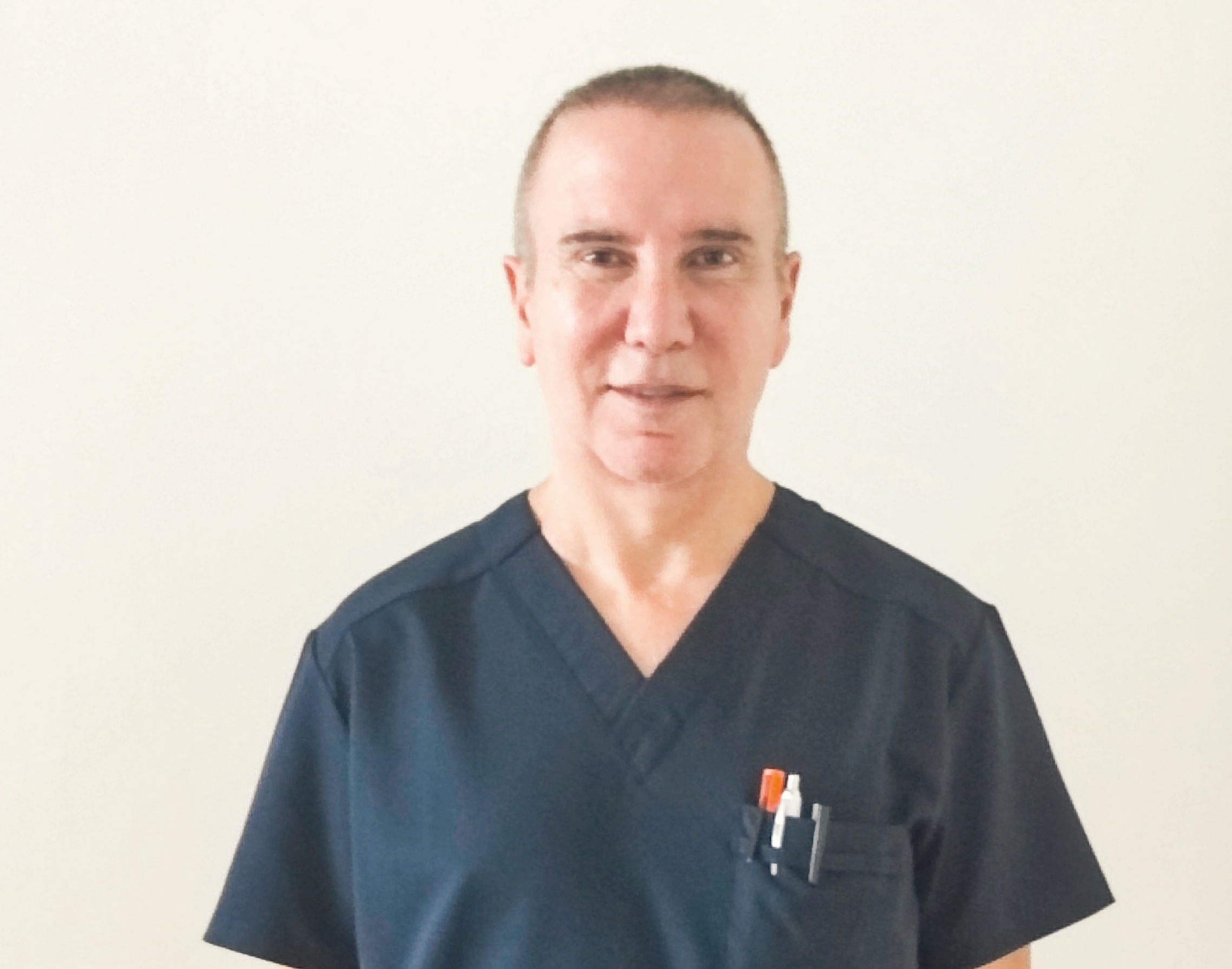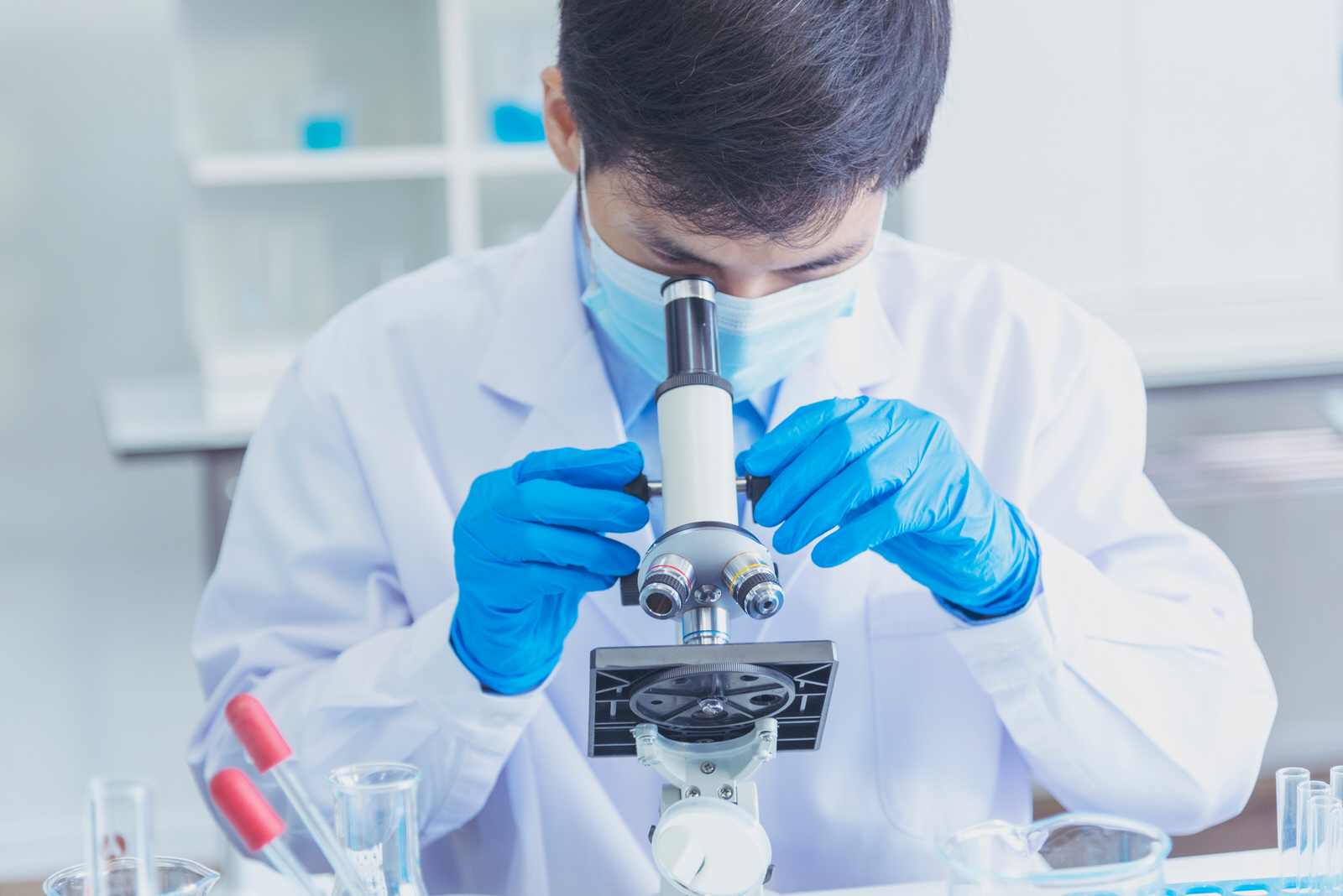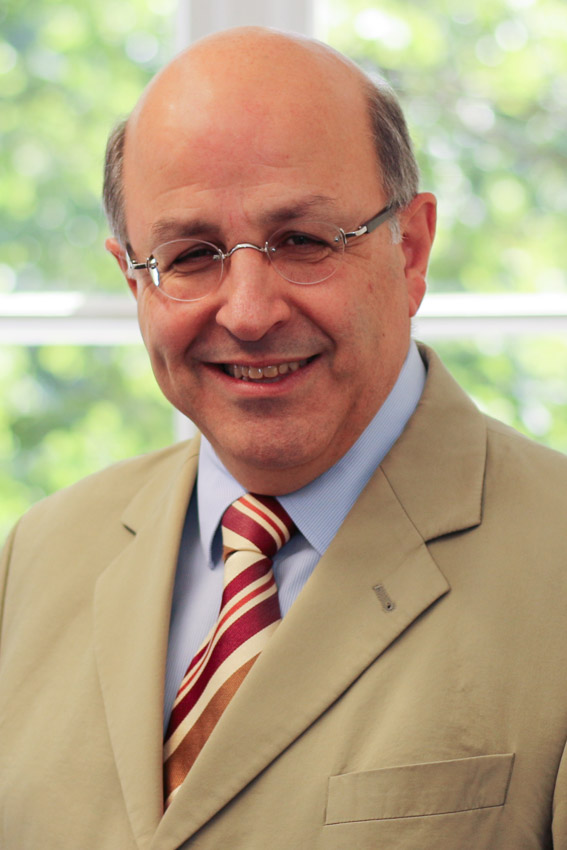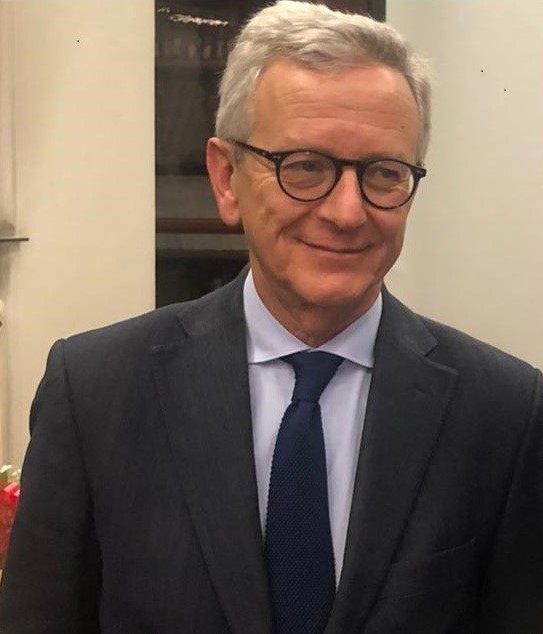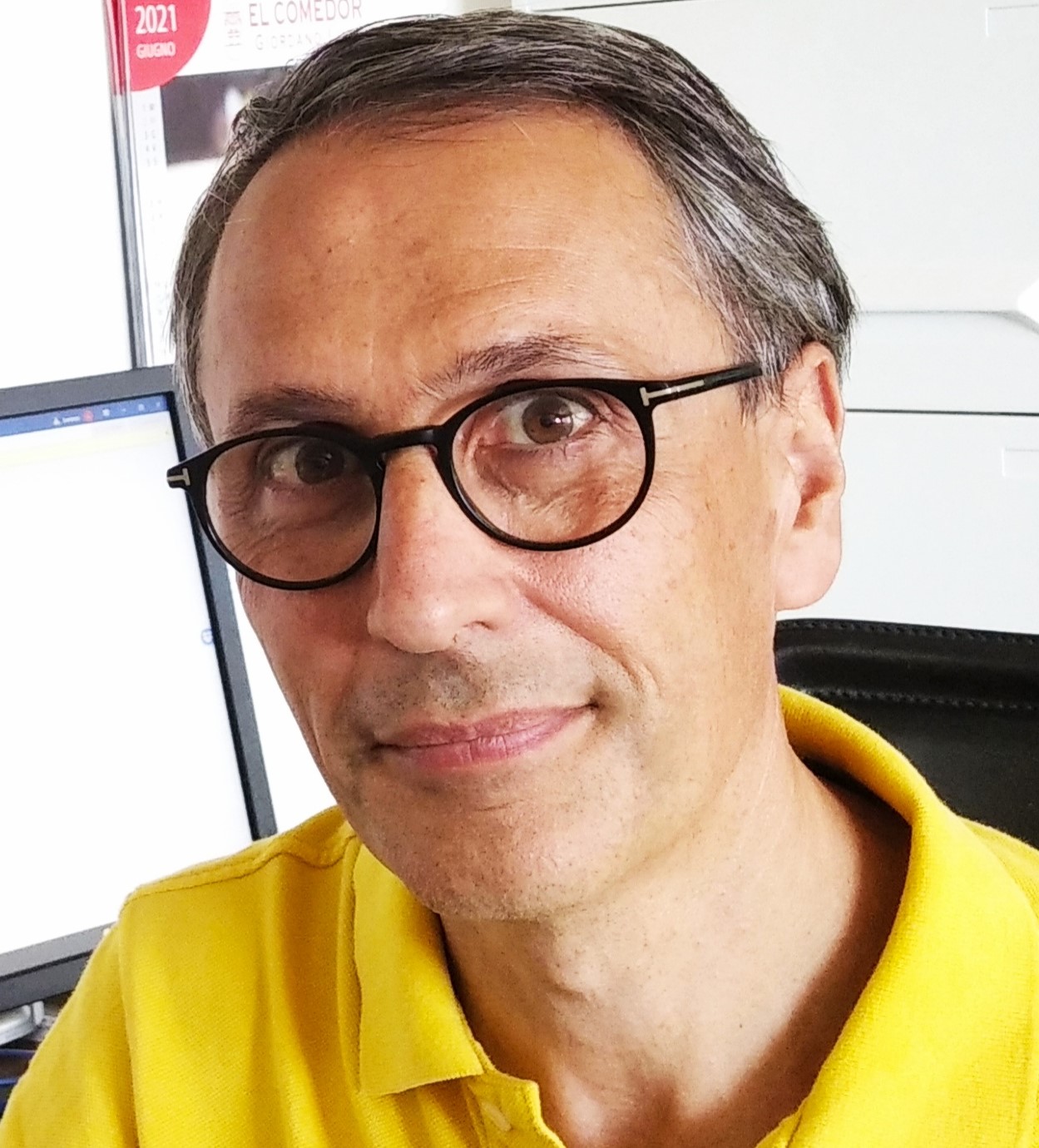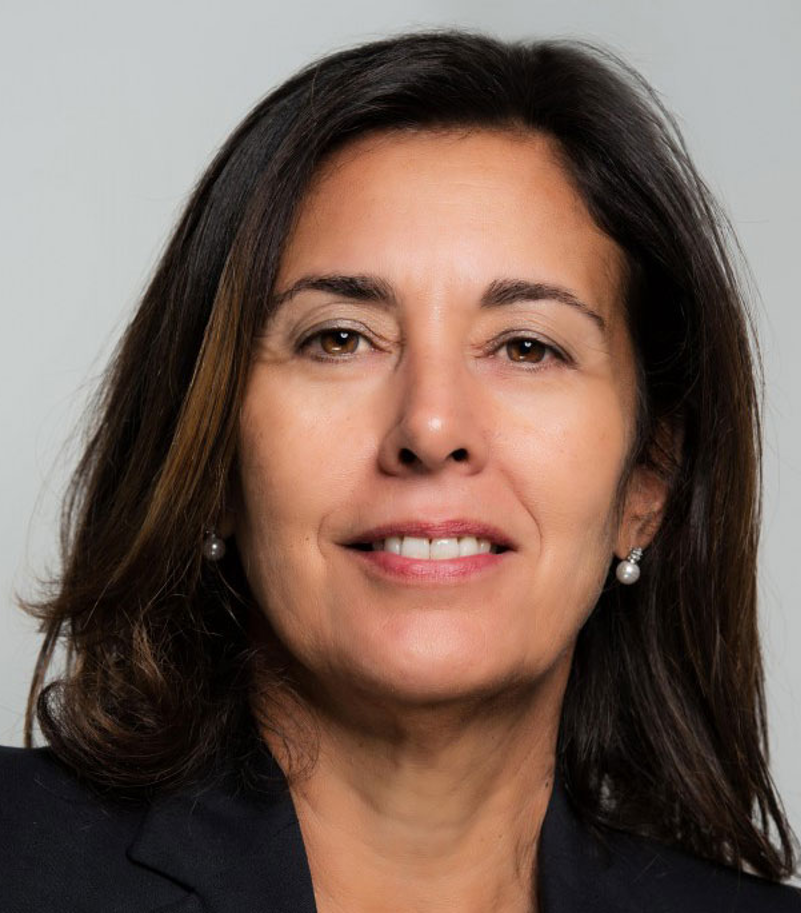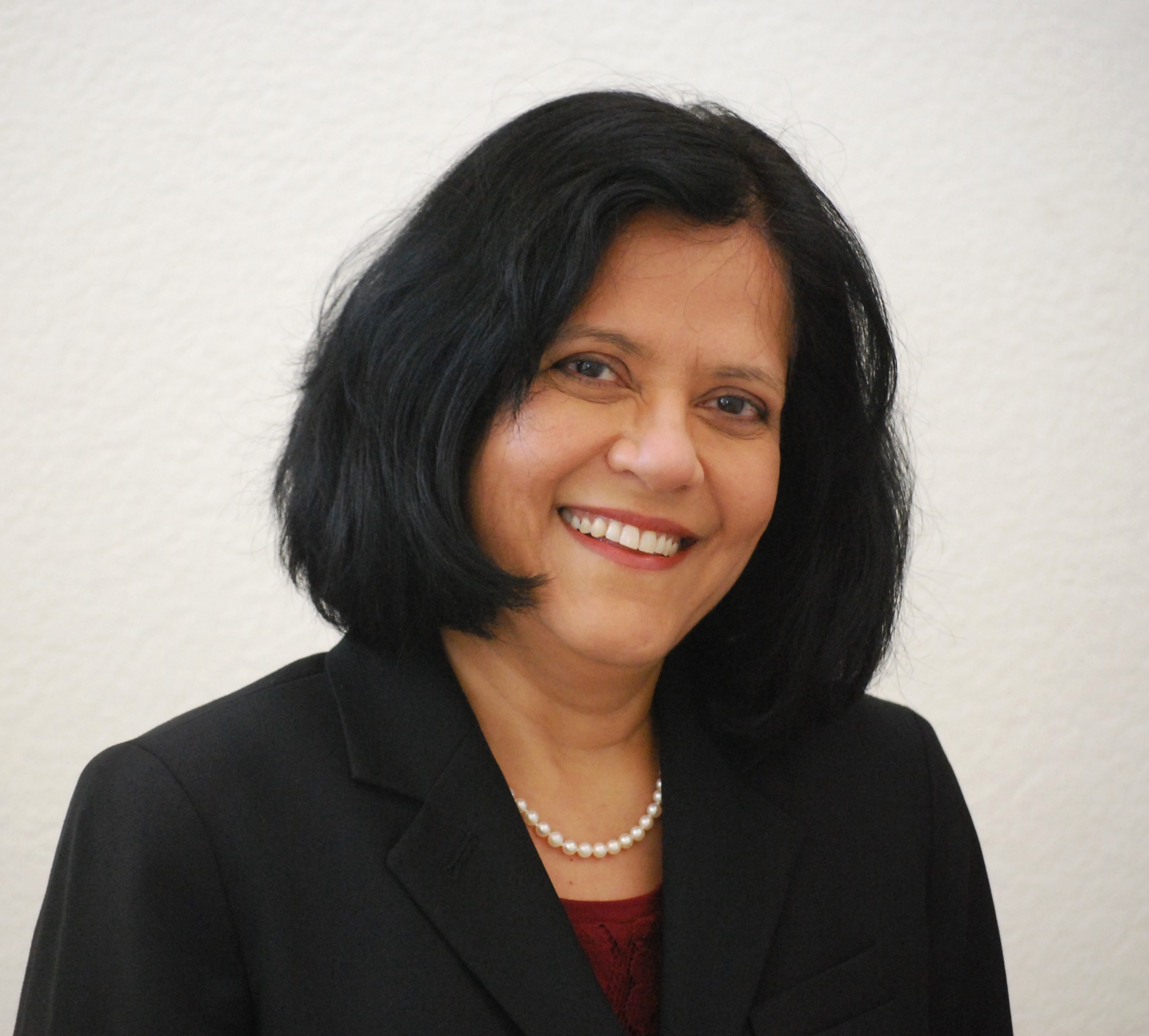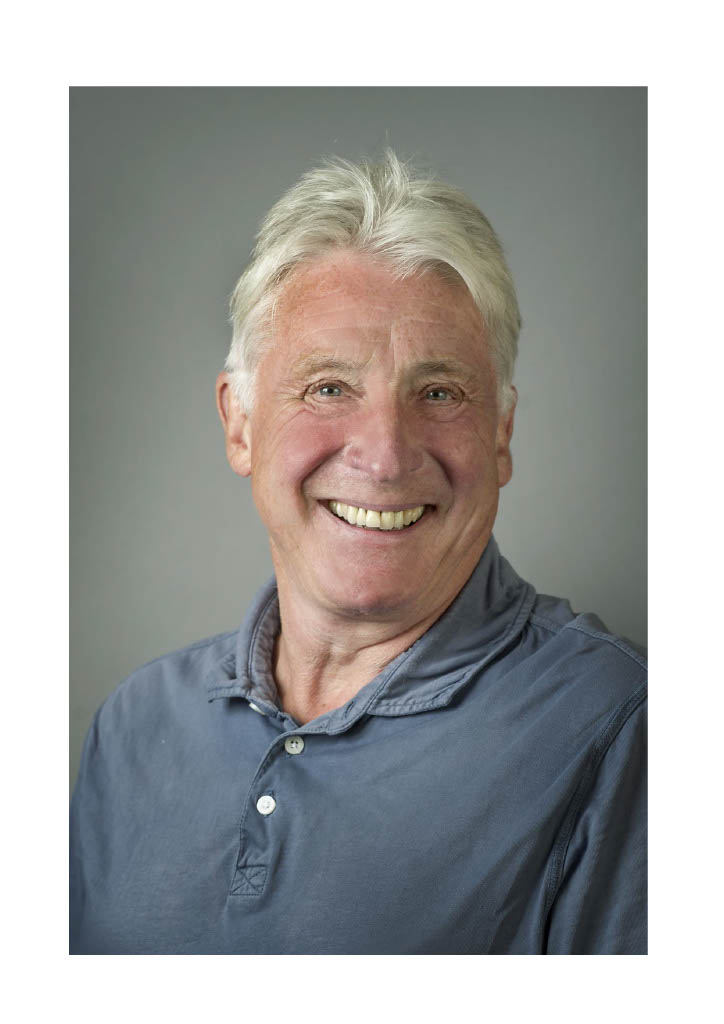Professor of Dermatology at the UNICAMILLUS University in Rome
For 25 years Director of the San Gallicano Dermatology Institute – Cutaneous Physiopathology and Metabolomic Centre, Roma (Italy).
In the San Gallicano Institute he implemented the following research topics:
- Melanocyte biology and peroxidative – driven cell response. Physiological and deleterious effects of ultraviolet radiation on the skin, mechanisms involved in regulation of cellular redox balance and impairment of antioxidant systems, mechanisms involved in the pathogenesis of pigmentary disorders in particular vitiligo, intracellular signal transduction in melanocyte survival and differentiation, biological risk factors for cutaneous melanoma, inflammatory skin diseases, allergic skin diseases.
- Molecular cellular and biochemical mechanisms of melanocyte, keratinocyte and fibroblast adaptive response to stressful external and endogeous stimuli.
- Role of membrane lipid profile in signal transduction and differentiation.
- Molecular, cellular and biochemical basis for inflammatory skin
- Biochemical profile including lipidomics, keratinocytes and sebocytes during cellular process leading to acne.
- Pharmacological activities of molecules interfering with lipid-dependent signaling affecting cell survival and differentiation.
Moreover he set up many collaborations with International Research Institutes finalized to the dissection of the above topics at molecular and biochemical levels.
Author and co-author of more than 380 publications in indexed scientific journals Author of 20 chapters in various multi author books.
Co-editor of Vitiligo book published in March 2010.and II edition 2020: Total Citation 24285
Responsible for various grants from Italian Ministry of Health, on:
- vitiligo, mechanism of cutaneous photo damage, aging. “Sebum lipidomics:a new tool to correlate skin an systemic lipid metabolism ” (2013-2015).
- “Gender differences and immuno- mediated diseases: pathogenic mechanisms innovative therapeutic strategies” (2009-2011)
- Clinical and Experimental Pathway to Vitiligo Management (2017- 2020)
Active member of the USA project on the “Role of oxidative stress in intracellular adhesion between keratinocytes and melanocytes” in collaboration with NIH Cell Biology Laboratory and Department of Dermatology Yale School of Medicine (2004-2006)
Member of Italian Commission for Dietetic and Nutrition at the Minister of Health (2006- present)
Member of National Health Council (2007 2010)
Member of the Psocare National Commission supported by the Italian Agency on Drugs (AIFA)
Past President of the European Society for Dermatological Research (ESDR)
Past President of the International Federation of Pigment Cell Societies (IFPCS)
Past President of the European Society of Pigment Cell Research (ESPCR)
Member of the European Academy of Dermatology and Venereology (EADV)
Member of the Italian Society of Dermatology and Venereology,(SIDEMAST)
Member of the Italian Association of Dermatologists (ADOI)
Coordinator of the Vitiligo European Task Force,
Associated Editor of Pigment Cell Research, member of editorial board for Pigment Cell Research journal,
Editorial board of Experimental dermatology
Editorial board of Clinical and Experimental Dermatology
Referee ad hoc for many dermatological journals such as Journal of Investigative Dermatology, British Journal of Dermatology, Journal of EADV, Experimental dermatology, and non dermatological journals such as FASEB J, BBA, J Chromatography, Biochem J, Plos One, Free radical in Biology and Medicine, Scientific Report, Nature Comm. etc
